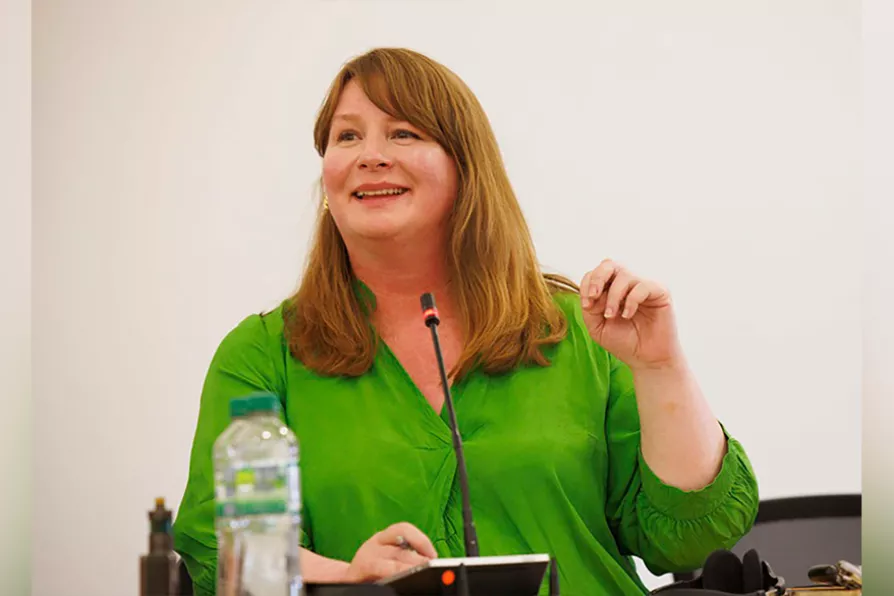From London’s holly-sellers to Engels’s flaming Christmas centrepiece, the plum pudding was more than festive fare in Victorian Britain, says KEITH FLETT

 The NUJ's Michelle Stanistreet
[Mark Thomas]
The NUJ's Michelle Stanistreet
[Mark Thomas]
MICHELLE STANISTREET is stepping down as leader of the National Union of Journalists, a role she has held since 2011.
It’s been, as she frankly acknowledges, “an extremely challenging time” for the industry.
As soon as she was in post evidence that Rupert Murdoch title News of the World had hacked the phones of murdered schoolgirl Milly Dowler spurred a national conversation about media ethics — and the corrupting influence of ownership by a handful of plutocratic press barons, concerns that led to the Leveson Inquiry.

Speaking to the Morning Star’s Ceren Sagir, general secretary of the National Union of Journalists LAURA DAVISON outlines the threats to journalism from Palestine to Britain, and the unique challenges confronting the industry through the rise of AI

At the very moment Britain faces poverty, housing and climate crises requiring radical solutions, the liberal press promotes ideologically narrow books while marginalising authors who offer the most accurate understanding of change, writes IAN SINCLAIR












